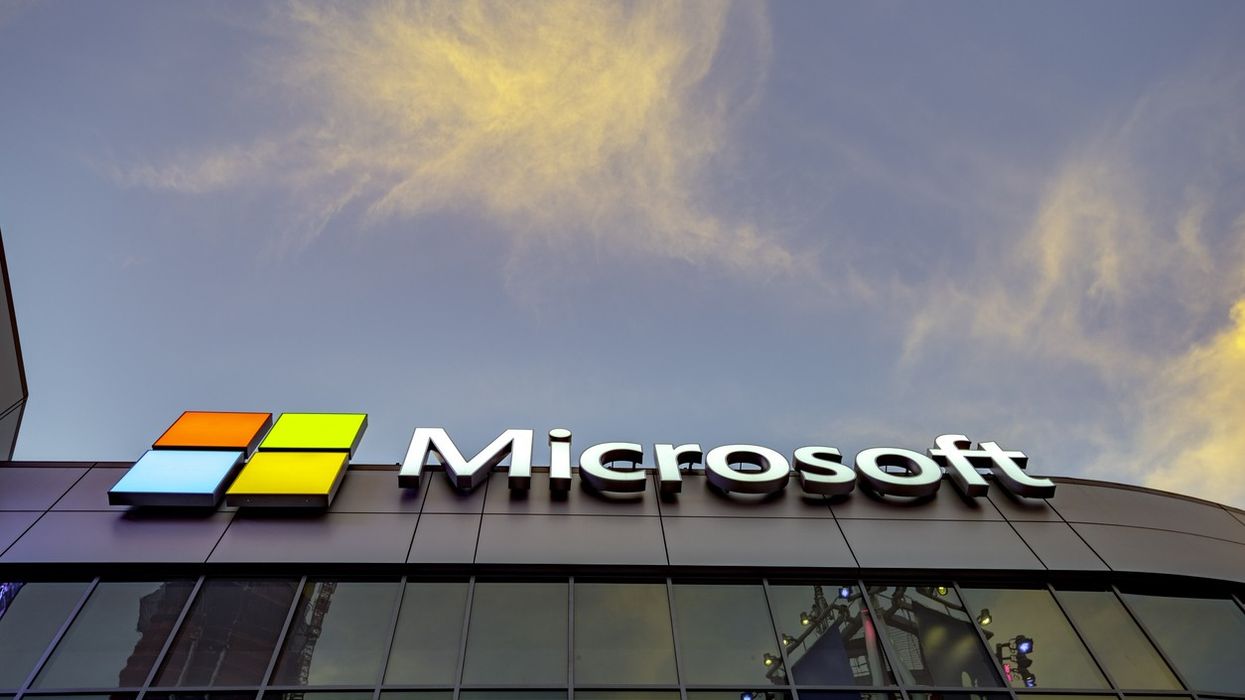Microsoft has announced its largest round of layoffs in over two years, cutting approximately 9,000 jobs—about 4 per cent of its global workforce.
The move, revealed at the start of the company’s 2026 fiscal year, marks the second major layoff at the tech giant in recent months. Notices began going out on Wednesday, affecting employees across multiple teams and locations, including the company’s flagship Xbox gaming division and its sales operations.
Impact Across Divisions and Locations
The layoffs are wide-ranging, impacting teams around the world and across various levels of seniority. Among those affected are 830 workers based at Microsoft’s Redmond, Washington, headquarters. The company has not released a breakdown of the cuts by department but confirmed that the reductions would span several business units, including gaming, sales, and other corporate functions.
Xbox and Gaming Take a Hit
Microsoft Gaming, the division behind Xbox, is among the hardest hit. In a memo to employees, Xbox CEO Phil Spencer stated that the cuts are intended to “position the video game business for enduring success and allow us to focus on strategic growth areas.”
He added that the division would “follow Microsoft’s lead in removing layers of management to increase agility and effectiveness”. This comes after years of expansion in the gaming sector, including the $75.4 billion acquisition of Activision Blizzard and earlier purchases like ZeniMax Media. Studios across North America and Europe are now grappling with job losses.
A Pattern of Layoffs Amid AI Investment
This latest layoff follows several others in 2025, including a 6,000-person reduction in May and additional cuts in January and June. In total, Microsoft has eliminated over 15,000 positions in the first half of 2025 alone. The company says these decisions are part of “organizational adjustments” to succeed in a “dynamic marketplace.”
However, the timing has drawn criticism, as Microsoft continues to post strong profits and invest heavily in artificial intelligence and cloud infrastructure—allocating $80 billion this fiscal year for datacenters and AI development.
Strategic Restructuring and Industry Reaction
Microsoft’s leadership has described the layoffs as necessary for streamlining management and increasing efficiency. CFO Amy Hood and CEO Satya Nadella have both emphasized the need to reduce management layers and build high-performing, agile teams. However, the focus on trimming software engineering roles and the potential impact of AI-driven automation has raised concerns about the future of tech jobs within the company.
Industry analysts see these moves as an effort to shift resources toward high-growth areas like AI and cloud computing, while reducing costs in slower-growing or legacy divisions such as Xbox. Wedbush Securities analyst Dan Ives noted that Microsoft is “focused more and more on AI, cloud and next-generation Microsoft and really looking to cut costs around Xbox and some of the more legacy areas”.
Employee Uncertainty and Looking Ahead
For Microsoft’s workforce, the repeated rounds of layoffs have created a climate of anxiety and uncertainty. Employees across affected divisions have taken to social media to share their experiences and search for new opportunities. As Microsoft continues to reshape its business to prioritize AI and cloud services, the company’s approach to workforce management and its impact on employee morale will remain under close scrutiny
















